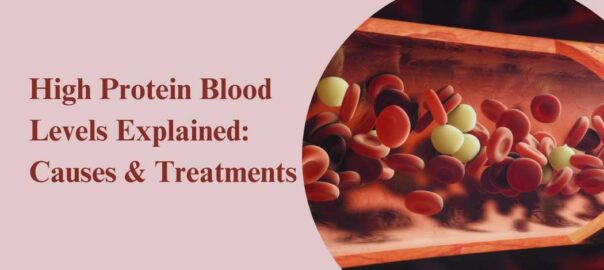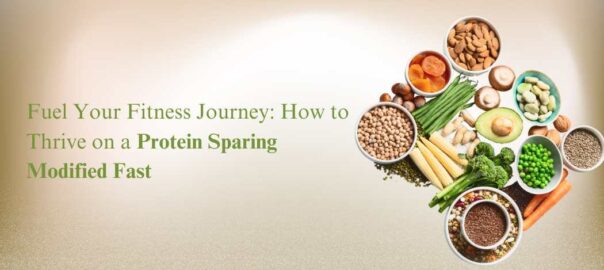
Introduction:
Pregnancy is a pivotal time for any woman, demanding keen attention to her diet to support the growth and health of the developing baby. Among the essential nutrients required, protein is crucial for both the mother and the fetus. Recognizing the importance of protein intake during pregnancy is vital for ensuring a healthy pregnancy journey.
Understanding Protein Requirement:
How Protein Helps Fetal Development:
Protein plays a significant role in nurturing the development of the fetus. It contributes to the formation of organs, tissues, and muscles, laying the groundwork for a healthy baby.
Recommended Daily Protein Intake:
Healthcare experts advise pregnant women to aim for an average daily protein intake of around 71 grams. However, individual needs may vary based on factors like pre-pregnancy weight, activity level, and overall health.
Sources of Protein:
Animal-Based Protein Sources:
Options like lean meats, poultry, fish, eggs, and dairy products provide high-quality protein, along with essential nutrients like iron, calcium, and vitamin B12, crucial for both the mother and the baby’s development.
Plant-Based Protein Sources:
Plant-based protein sources such as beans, lentils, tofu, nuts, seeds, and whole grains offer a variety of protein options. These foods not only provide protein but also fiber, vitamins, and minerals beneficial for maternal and fetal health.
Protein-Rich Diet Plans for Pregnant Women:
To ensure sufficient protein intake, pregnant women can follow balanced meal plans incorporating protein-rich foods alongside other necessary nutrients. These plans support pregnancy demands while promoting overall health.
Types of Supplements Available:
In situations where meeting protein needs through diet alone is challenging, healthcare providers may recommend protein supplements. These supplements, available in various forms like powders, shakes, and bars, offer a convenient way to increase protein intake.
Risks and Benefits:
While protein supplements can be helpful for some pregnant women, it’s crucial to use them under healthcare professional guidance. Excessive consumption may pose risks, emphasizing the need for careful monitoring.
Managing Protein Intake:
Incorporating protein into meals can be simple and enjoyable. Pregnant women can add protein-rich ingredients to smoothies, salads, and snacks to meet their daily requirements comfortably.
Special Considerations:
Protein Needs During Each Trimester:
Protein requirements may change throughout pregnancy, with higher needs in the second and third trimesters to support fetal growth. Adjusting dietary intake ensures a consistent protein supply during each stage.
Protein Requirements for Women with Specific Health Conditions:
Women with conditions like gestational diabetes or preeclampsia may have unique protein needs. Healthcare providers can offer personalized guidance to optimize nutrition and manage underlying conditions effectively.
Effects of Protein Deficiency:
Inadequate protein intake during pregnancy can lead to complications such as low birth weight and preterm birth, highlighting the importance of meeting protein requirements.
Conclusion:
Meeting protein needs during pregnancy is crucial for maternal and fetal health. By incorporating a variety of protein-rich foods into their diet and seeking guidance from healthcare providers, pregnant women can ensure a healthy and successful pregnancy journey.
FAQ’s
Q. How does protein benefit pregnant women?
A. Protein supports fetal growth, maintains maternal tissue, and aids in hormone and enzyme production.
Q. Can I get enough protein from plant-based sources during pregnancy?
A. Yes, a variety of plant-based foods can provide sufficient protein intake during pregnancy, ensuring a complete amino acid profile.
Q. Are protein supplements necessary during pregnancy?
A. Protein supplements may be necessary in certain cases of inadequate dietary intake but should be used under professional guidance.
Q. Can excessive protein intake be harmful during pregnancy?
A. Yes, excessive protein intake can strain the kidneys and lead to complications, so it’s important to follow recommended guidelines.
Q. How can I tell if I’m getting enough protein during pregnancy?
A. Monitoring dietary intake and consulting healthcare providers can help ensure sufficient protein intake, avoiding symptoms like fatigue and poor fetal growth.












